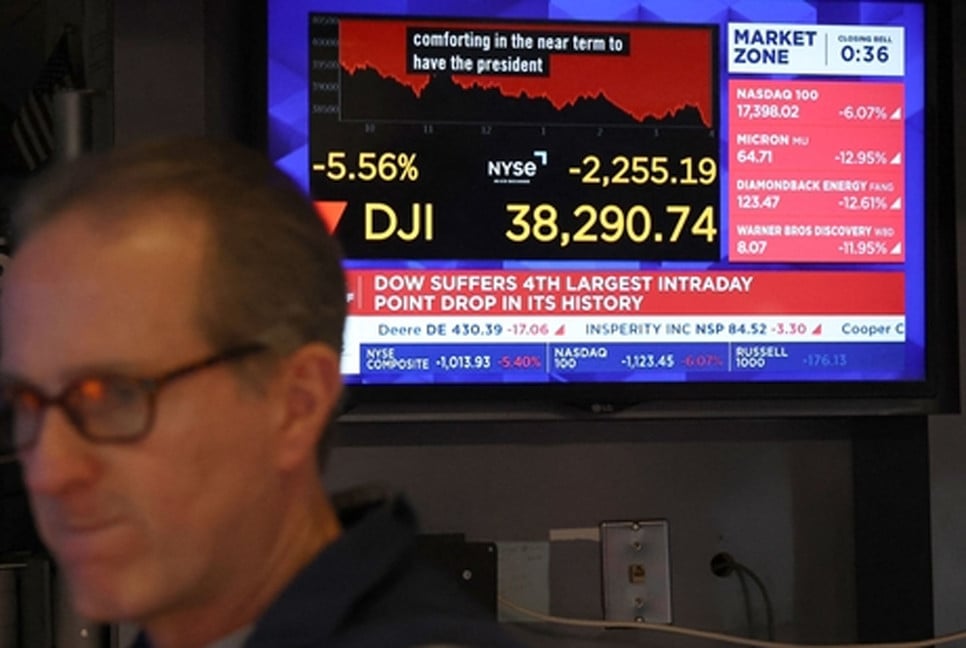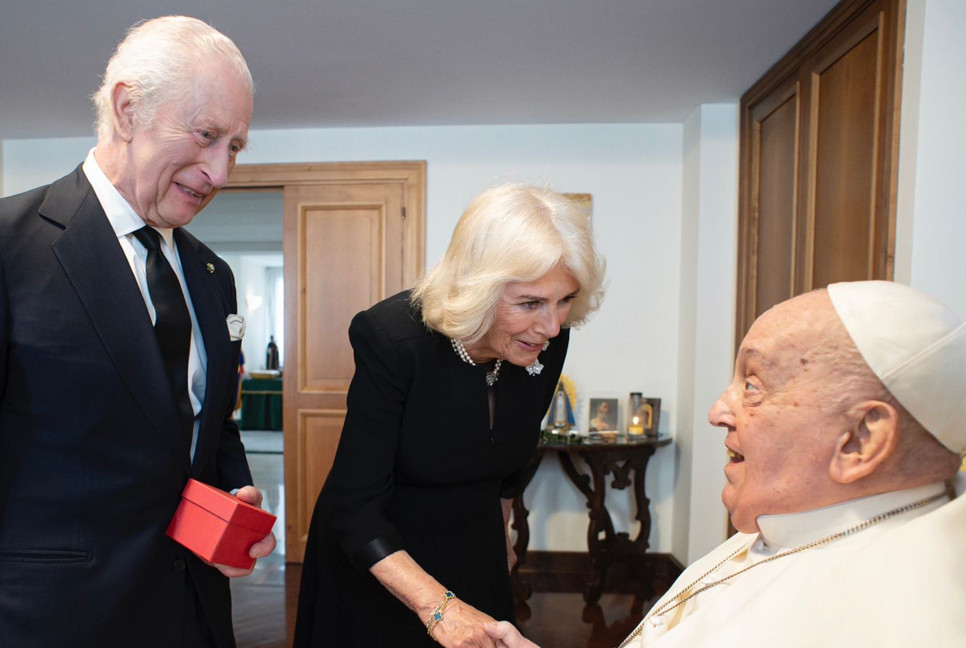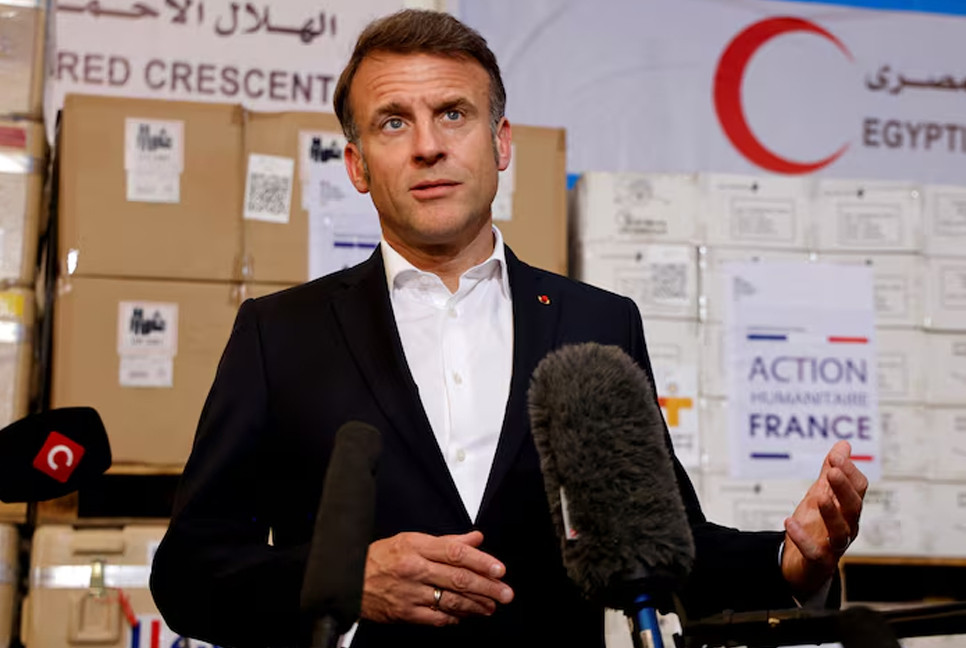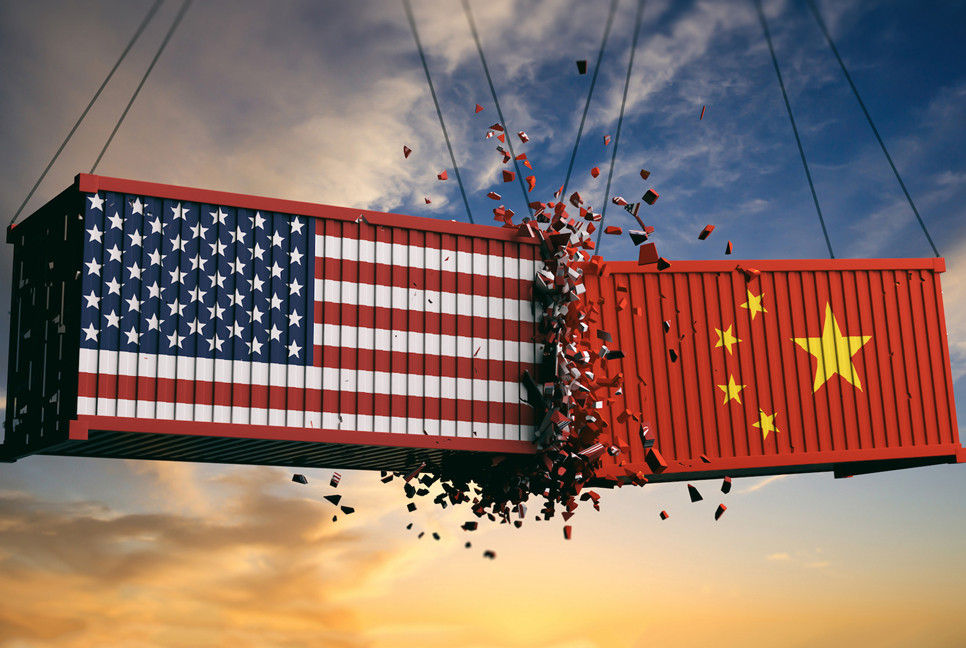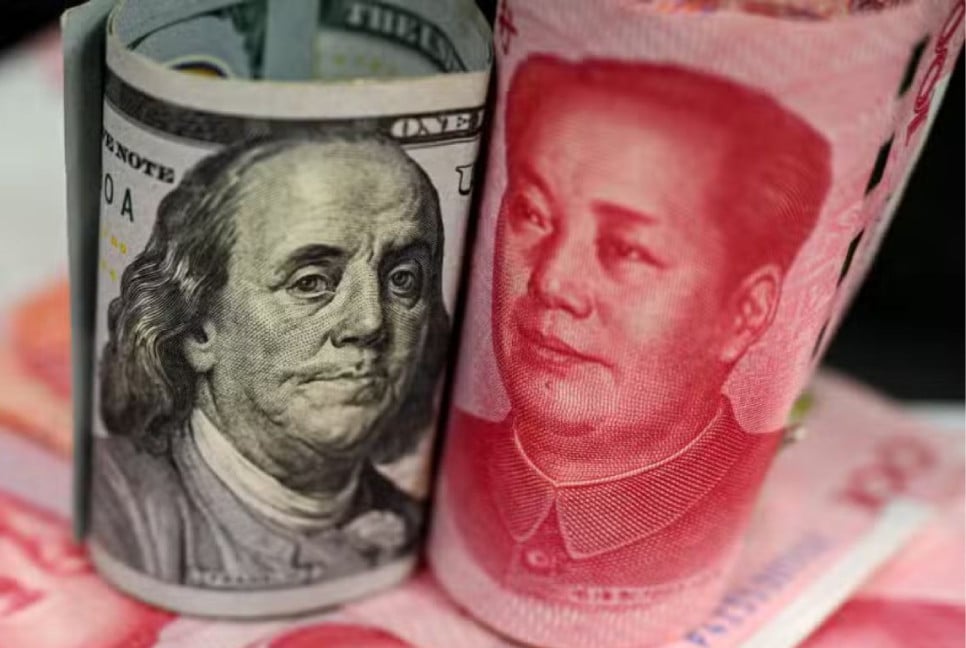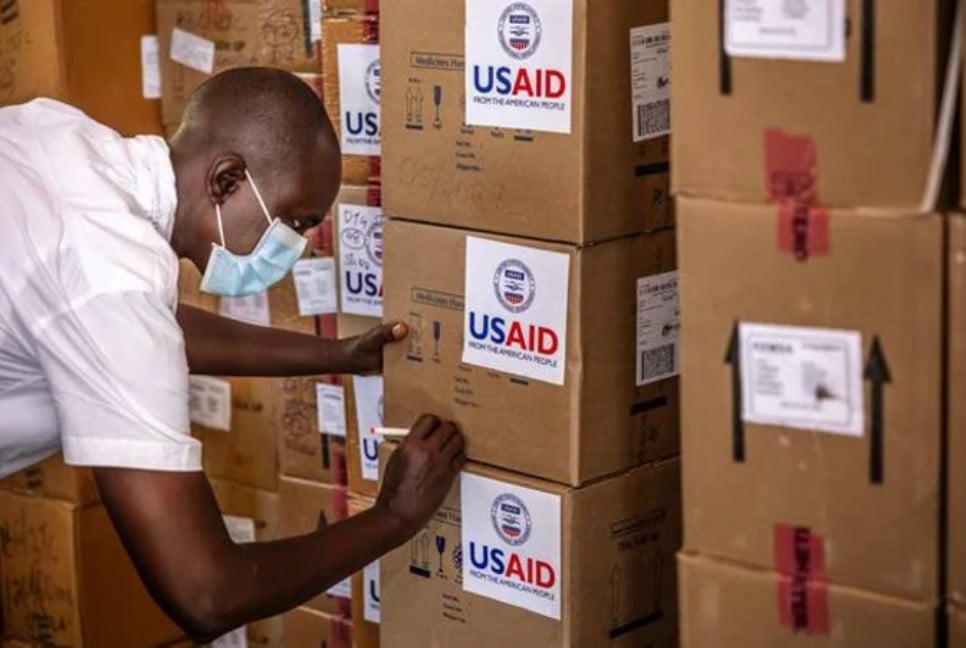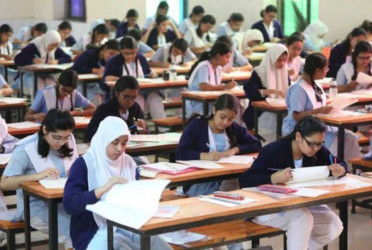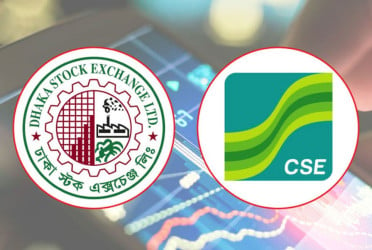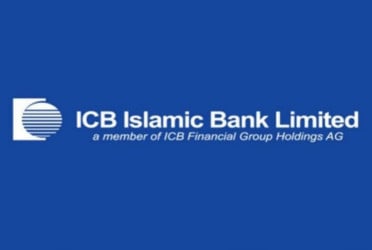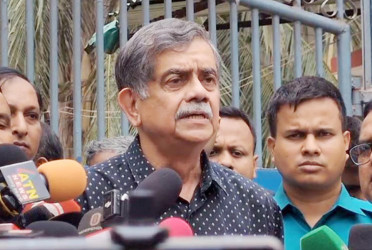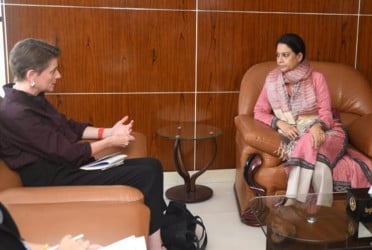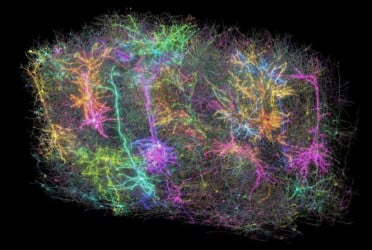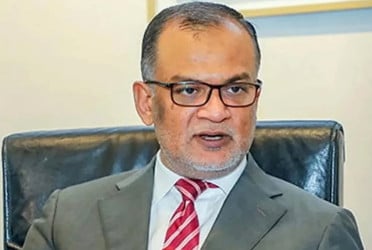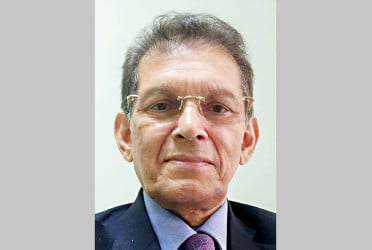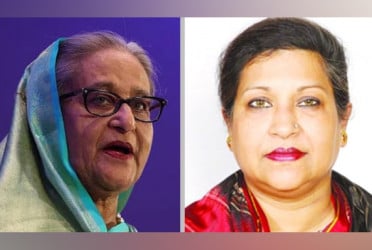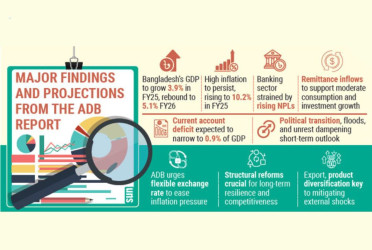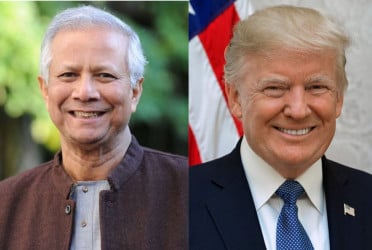JPMorgan Chase & Co. has predicted that the United States economy will enter a recession this year, largely due to the impact of new tariffs announced by President Donald Trump, reported The Hill.
In a note to investors released on Friday evening, JP Morgan's chief US economist, Michael Feroli, said the country's gross domestic product (GDP) is expected to contract “under the weight of the tariffs”.
Michael Feroli added that the recession is also forecasted to "push the unemployment rate up to 5.3 per cent, The Hill said, citing its report.
“We now expect real GDP to contract under the weight of the tariffs, and for the full year (4Q/4Q) we now look for real GDP growth of -0.3%, down from 1.3% previously,” Bloomberg quoted Michael Feroli as saying on Friday.
Donald Trump’s announcement on Wednesday of major tariffs on US trading partners around the world, including India, sent the S&P 500 index of US stocks to its lowest level in 11 months, wiping away $5.4 trillion of market value in just two trading sessions to close out the week.
JPMorgan’s forecast came alongside similar changes from other banks, which have been slashing projections for US growth this year since the tariff announcement, Bloomberg reported.
On Thursday, Barclays Plc said it expects GDP to contract in 2025, “consistent with a recession".
On Friday, Citi economists cut their forecast for growth this year to just 0.1%, and UBS economists dropped theirs to 0.4%.
“We expect US imports from the rest of the world fall more than 20% over our forecast horizon, mostly in the next several quarters, bringing imports as a share of GDP back to pre-1986 levels,” UBS chief US economist Jonathan Pingle said in a note.
“The forcefulness of the trade policy action implies substantial macroeconomic adjustment for a $30 trillion economy,” the note added.
Feroli said he expects the Federal Reserve to begin cutting its benchmark interest rate in June and proceed with rate cuts at each subsequent meeting through January, bringing the benchmark into a 2.75% to 3% range from the current 4.25% to 4.5% range, Bloomberg reported.
Those cuts would come despite a rise in a key measure of underlying inflation to 4.4% by the end of the year, from the current level of 2.8%.
Federal Reserve chair Jerome Powell also expressed concern about the potential impact of these new tariffs, reports Hindustan Times.
Bd-pratidin English/Tanvir Raihan

